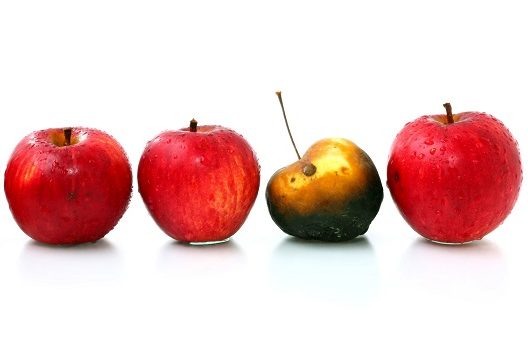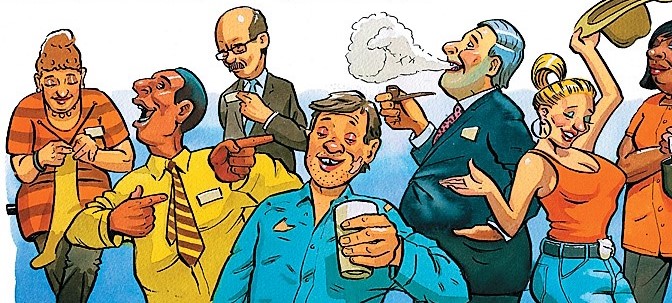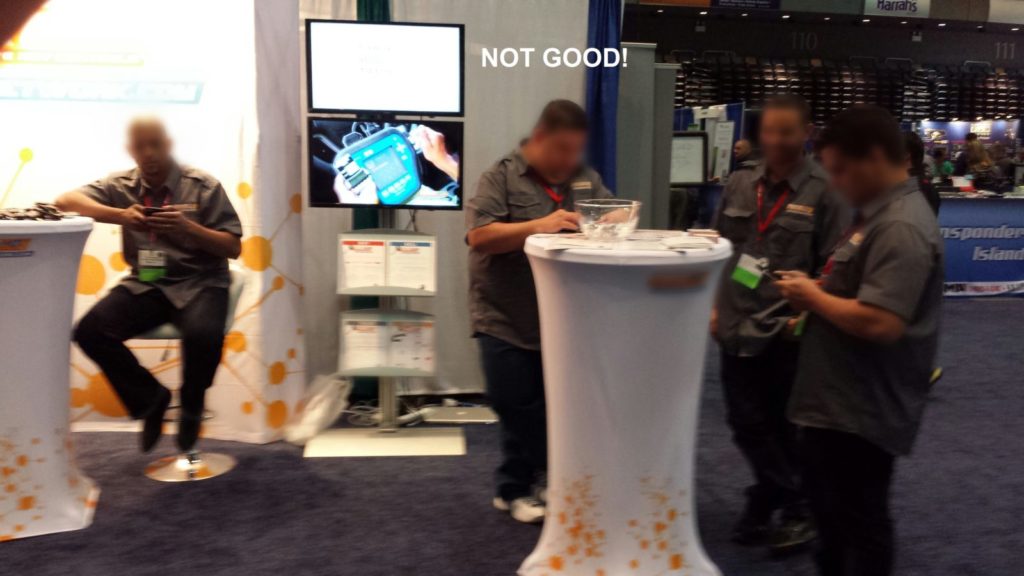“I’ve learned that people will forget what you said, people will forget what you did, but people will never forget how you made them feel.” ~ Maya Angelou
What impression does your exhibit staff make on visitors? Trade shows provide companies with a captive, curious audience under one roof. This is a uniquely personal opportunity to promote your company’s brand, introduce products, strengthen relationships, forge new ones and market and sell directly to your target audience over the course of just a few days.
In spite of booth design, fancy graphics and digital technology, the personal qualities and behavior of your staff influence visitors more than any single factor. For attendees who return to the same trade show year after year, interactions with staff is even more important. In fact, according the CEIR (Center for Exhibition Industry Research) the quality of interactions with booth staff is the primary reason that builds a loyal alumni attendance. This is not an article about how to train your trade show staff, but rather who you should bring in the first place. Ask yourself: can all the training in the world overcome a poor attitude?
The bad apples:
- Frowners
- Complainers
- Eye-rollers
- Know-it-alls
- Know-nothings
- Cynics
We’ve all seen them and more. When it comes to staffing your exhibit, choose wisely because people notice and it matters.
We can list the usual bad behavior from staffers:
- Chewing gum
- Talking on a cell phone or texting
- Clustering and talking with other staffers
- Disappearing
- Sitting, leaning and slouching
- Eating in the booth
- Being disheveled
You can teach people booth etiquette. But, what about the human qualities you can’t teach? If you have a great exhibit in a location with reasonable traffic, but you aren’t seeing results, you likely have the wrong people working your display.
Some people who are asked to staff an exhibit feel participation takes them away from their other work. However, trade shows are amazing occasions to connect with company big-wigs who are ready to buy! In fact, according to CEIR, a whopping 81% of trade show attendees have purchasing authority!
Good apples create new relationships that lead directly to sales. Recently, our company heard from a client’s booth staffer that he and his colleague closed 21 deals from prospects he met in one of the booths we were managing. One woman told us she snagged 9 new orders from working in our client’s booth. Attendees who were prospects are now customers.
So, what qualities should you look for when determining who will staff your booth?
The good apples:
- Knowledgeable They possess in-depth product information.
- Motivated They want to be there.
- Positive They see staffing the exhibit as an opportunity.
- Great Work Ethic They’re responsible, on time and well groomed.
- Friendly They smile and assist visitors at every turn.
- Helpful They go the extra mile for prospects and other team members.
- Approachable They’re welcoming and unintimidating.
- Good Listeners They take the time to discern what the visitor wants.
- Energetic They understand that trade shows are hard work and they never let up.
You need rock-star staffers who approach visitors, shake hands and start conversations. If you don’t have the right people within your company, or you want more insurance that your trade show investment will pay off, consider hiring a Brand Ambassador or Brand Specialist for your event. In our experience, clients who utilize Brand Ambassadors typically gather 33% more qualified leads than those who choose only to staff internally.
Conclusion
Indeed, attendees will remember how your exhibit staff made them feel. What lasting image will visitors take away about your company? Was the staff attentive, friendly, and helpful? Were they knowledgeable and good-natured? Were they approachable? Did they listen? Your trade show staff is the face of the company. One bad apple can spoil the entire visitor experience. Even in a digital world – in fact, perhaps because of it – the human factor matters, impacting ROI, brand awareness, perception of your company and future sales.
Now, how do you like them apples?




